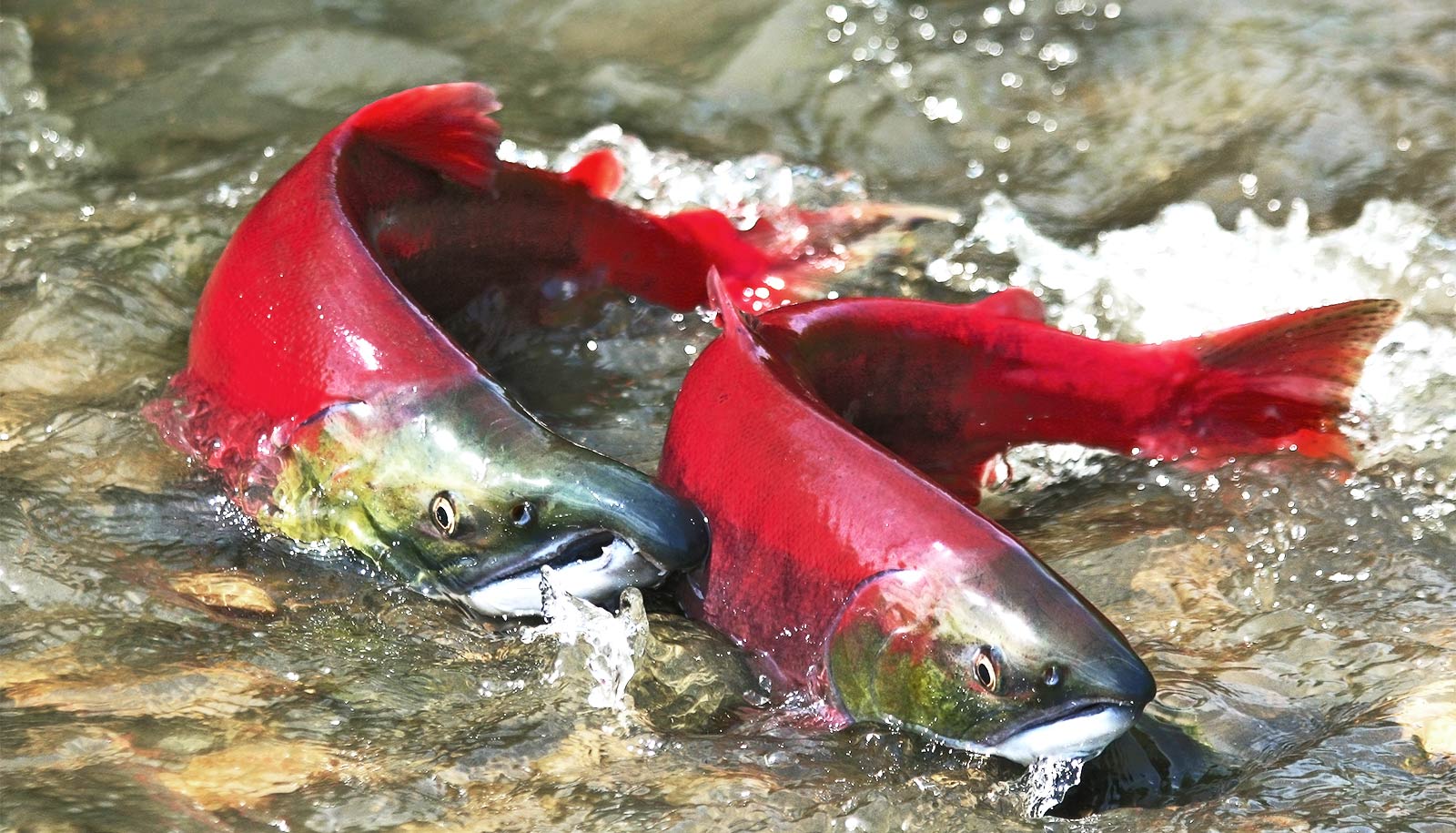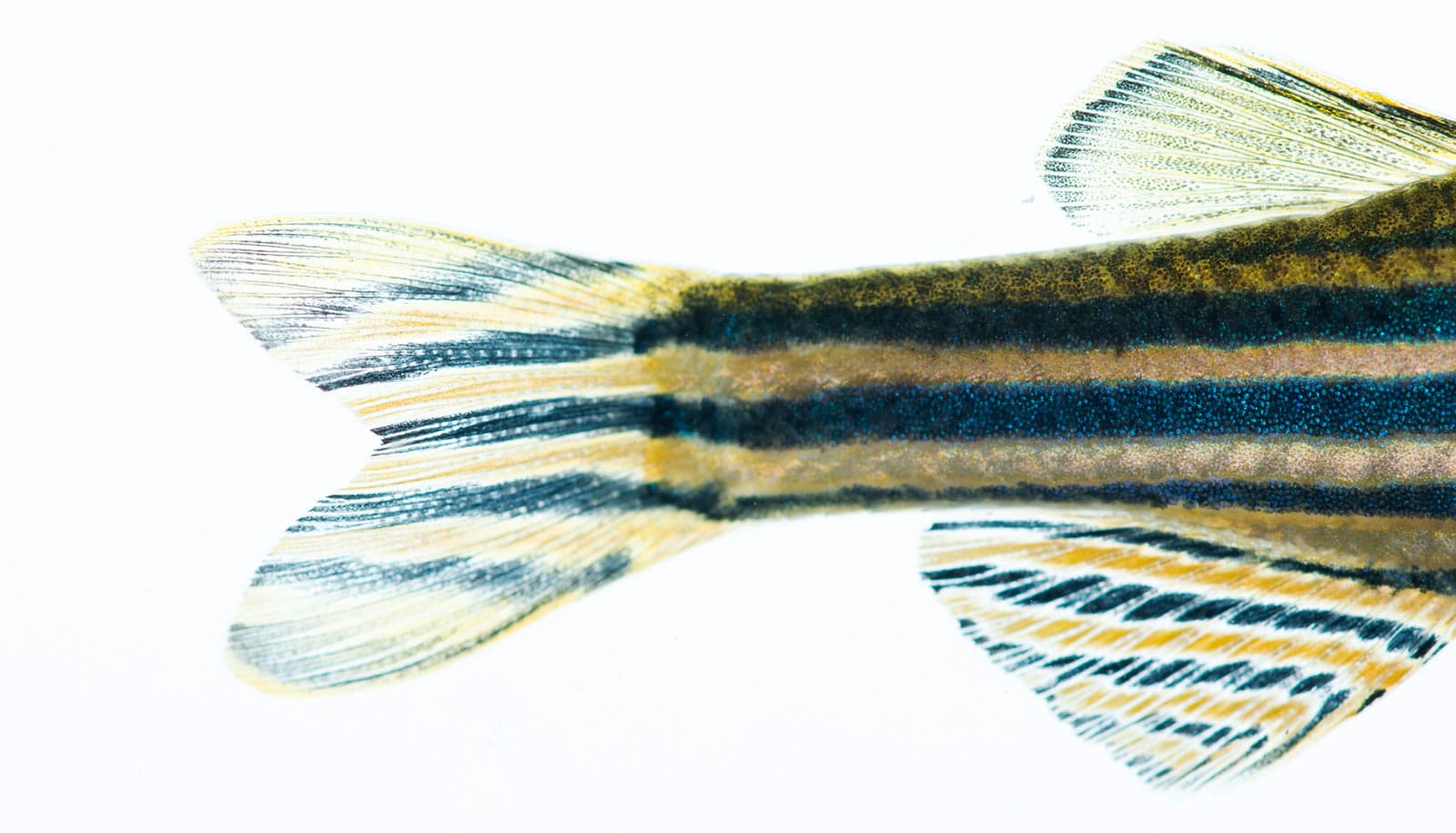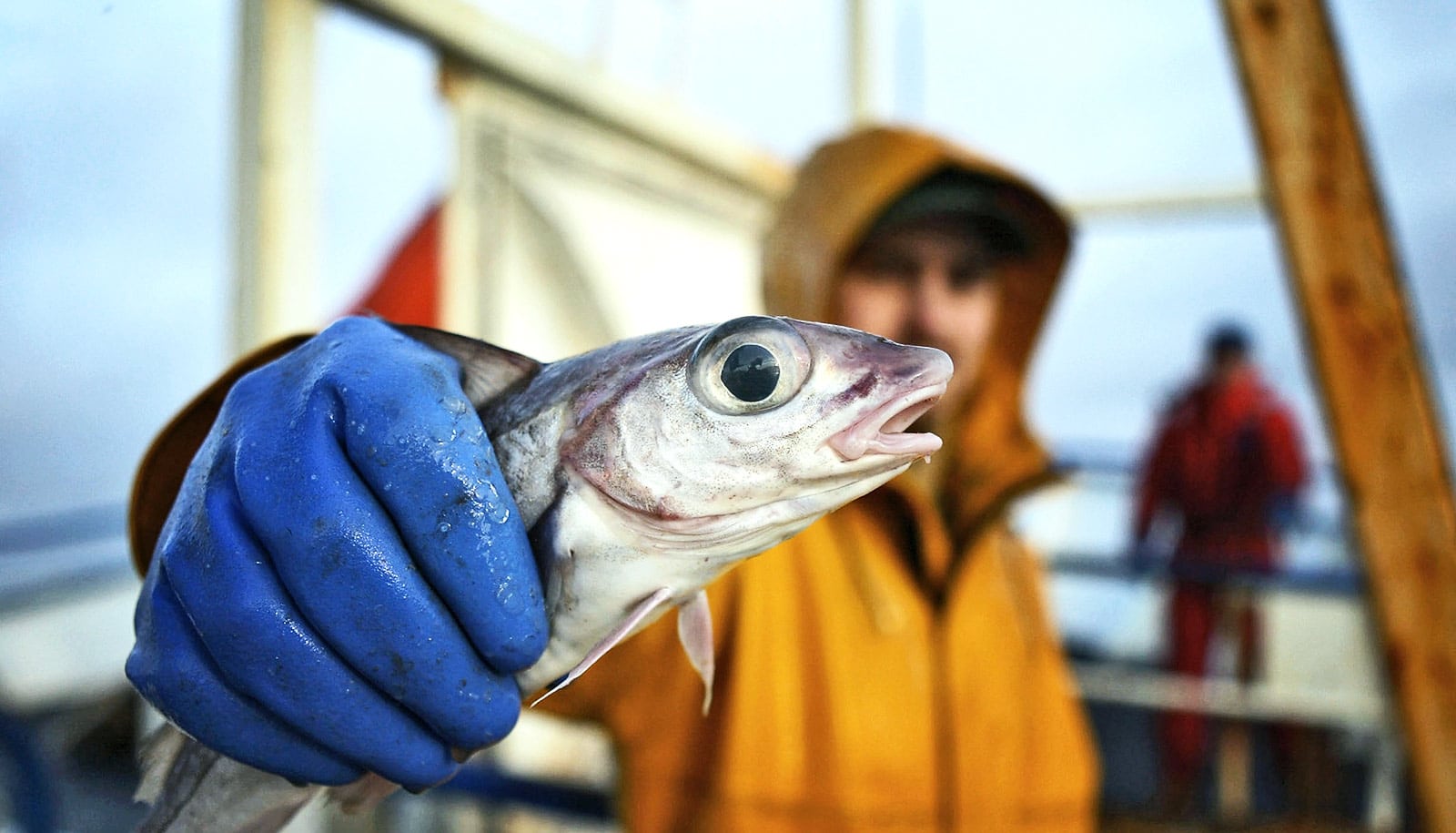A new database will help track the impacts of climate change on fish living in rivers, lakes, and other inland waters throughout the world.
The Fish and Climate Change Database—or FiCli (pronounced “fick-lee”)—is a searchable directory of peer-reviewed journal publications that describe projected or documented effects of climate change on inland fishes.
These wild animals are a vital source of food and income for many people, and an indicator of the health of global aquatic ecosystems. A better understanding of how climate change affects these fishes could aid in their future survival and inform conservation efforts.
“The Fish and Climate Change Database pulls information together in a way that people can meaningfully use it,” says Trevor Krabbenhoft, assistant professor of biological sciences at the University at Buffalo and the RENEW (Research and Education in Energy, Environment and Water) Institute.
“The idea is not just to document how fish have been affected by climate change, but to also provide information on management options that can help mitigate some of those effects.”
Researchers, fisheries managers, conservationists, journalists, and others can use FiCli to find scientific articles based on factors such as fish species, habitat type, location, and type of climate change impact (such as a change in temperature or precipitation).
FiCli search results include journal article titles, instructions for accessing publications, and brief summaries of information such as how fish populations have responded to climate change and what management actions are recommended.
FiCli “currently includes information for 53 freshwater fish families, 232 studies from over 47 countries, and 851 projected and 377 documented responses of individual species or assemblages to climate change,” the researchers write.
Curators including members of the research team will update the database as new studies are published. Users can also contact the team about peer-reviewed papers that missing from the database and may be a good fit.
“The FiCli project grew, in a way, out of our need for a database as scientists,” Krabbenhoft says. “We were trying to understand how climate affects fish, and we had a really hard time identifying the right papers.
“By synthesizing the available information on how climate change has already affected fish populations, it helps us refine our predictions for how fish are likely to be affected in the future. Hopefully we’ve created something that will be meaningful for other fishery biologists.”
“As researchers, we often try to avoid ‘reinventing the wheel’ to save valuable time and resources. Compiling and synthesizing published scientific results is an important step in any research project,” says Bonnie Myers, a fish biologist at the US Geological Survey (USGS) and PhD candidate at North Carolina State University.
“We hope FiCli serves as a time-saving, informative database that helps advance scientific understanding and management of the impacts of climate change on important aquatic resources and guides future climate adaptation efforts.”
A detailed description of the database appears in Scientific Data.
Additional coauthors are from George Mason University, the Ontario Ministry of Natural Resources and Forestry, the University of Missouri, the University of Alaska Fairbanks, the Missouri Cooperative Fish and Wildlife Research Unit, and NC State. The American Fisheries Society, the USGS National Climate Adaptation Science Center, and the Missouri Cooperative Fish and Wildlife Research Unit funded the work.
Source: University at Buffalo


